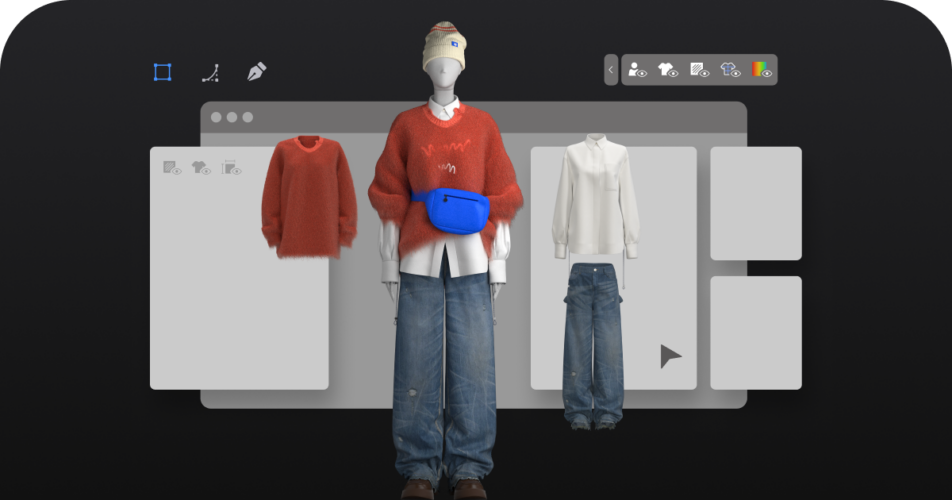The Future of Fashion: How Artificial Intelligence is Revolutionizing the Industry
The fashion industry is undergoing a massive transformation, and at the heart of this change is Artificial Intelligence. From design to production, AI is reshaping how fashion brands operate, making processes faster, more efficient, and incredibly innovative.
AI in Fashion Design
Gone are the days when fashion design was solely reliant on human creativity. Today, Artificial Intelligence is enabling designers to create stunning, trend-driven collections in record time. AI-powered tools can analyze vast amounts of data, including consumer preferences, social media trends, and historical sales data, to predict what styles will resonate with audiences. This not only reduces the risk of producing unpopular designs but also allows brands to stay ahead of the curve.
Virtual Prototyping with AI
One of the most exciting applications of Artificial Intelligence in fashion is virtual prototyping. Platforms like Style3D are leveraging AI to create hyper-realistic 3D models of garments, eliminating the need for physical samples. This not only saves time and resources but also reduces waste, making the fashion industry more sustainable. Designers can now experiment with different fabrics, colors, and patterns in a virtual environment, ensuring the final product meets their vision before it goes into production.
Personalized Shopping Experiences
AI is also transforming the way consumers shop for fashion. By analyzing customer data, Artificial Intelligence can provide personalized recommendations, helping shoppers find exactly what they’re looking for. Virtual fitting rooms, powered by AI, allow customers to try on clothes virtually, ensuring a perfect fit before making a purchase. This level of personalization not only enhances the shopping experience but also increases customer satisfaction and loyalty.
The Role of AI in Sustainable Fashion
Sustainability is a growing concern in the fashion industry, and Artificial Intelligence is playing a crucial role in addressing this issue. AI can optimize supply chains, reduce waste, and improve resource management. For example, AI algorithms can predict demand more accurately, preventing overproduction and minimizing excess inventory. Additionally, AI-driven analytics can help brands identify sustainable materials and production methods, paving the way for a more eco-friendly fashion industry.
Conclusion
The integration of Artificial Intelligence into the fashion industry is not just a trend; it’s a revolution. From design and production to personalized shopping and sustainability, AI is transforming every aspect of the industry. As technology continues to evolve, the possibilities are endless, and fashion brands that embrace AI will undoubtedly lead the way in this new era of innovation.
Keyword: 3d styles
